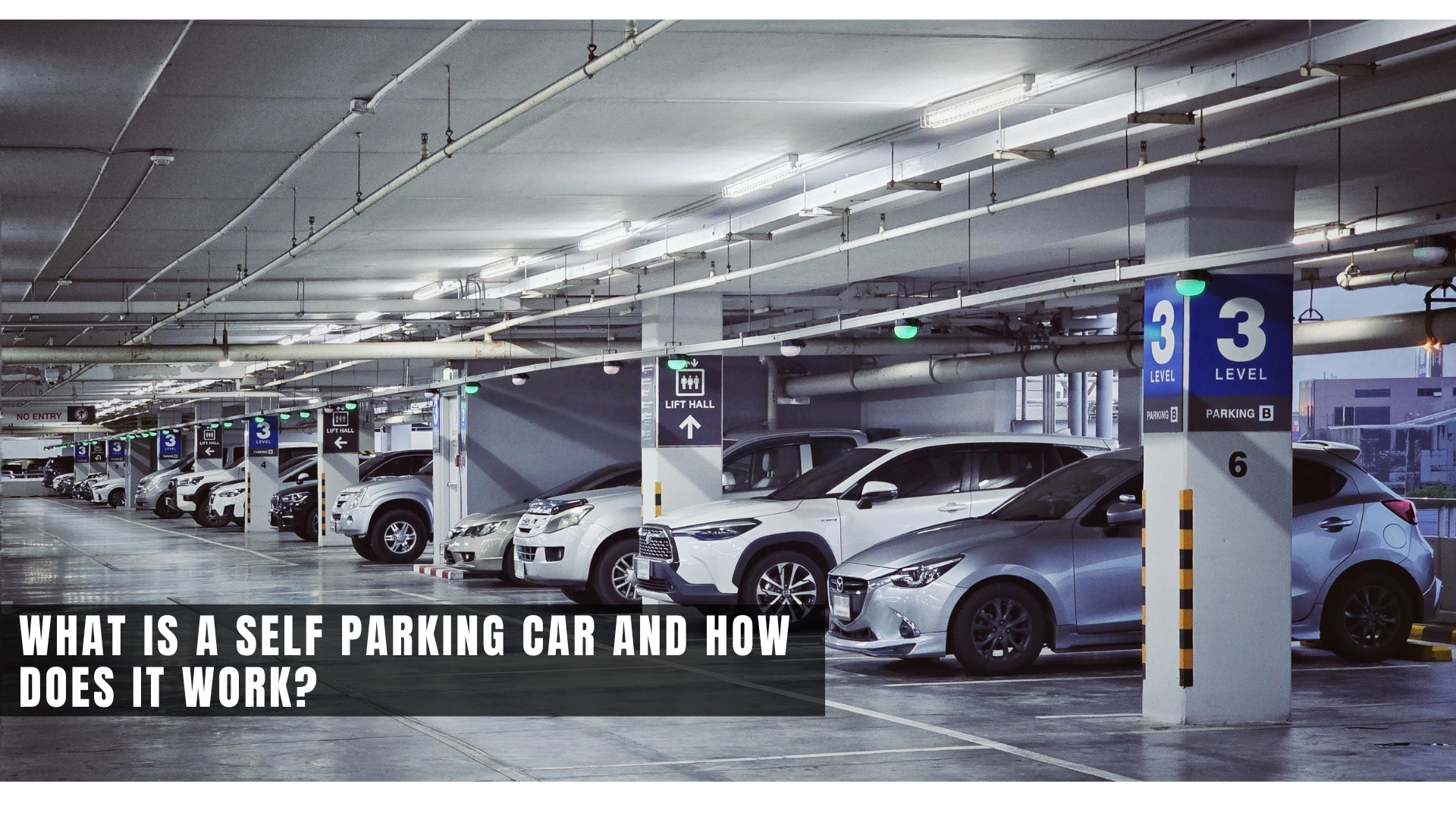What Is a Self Parking Car and How Does It Work?
Have you ever wondered what a car that parks itself is capable of? A self-parking car utilises sensors, cameras, and onboard computers to steer the vehicle into a parking space with minimal or no driver assistance. Also known as auto parking cars or vehicles equipped with automatic parking systems, they’re becoming more common in the UK. Many modern models offer a car with parking assist or even a fully automatic parking car setup. At Car Parking Chester, we are often asked if self-parking is just a gimmick or a smart investment. One way to start deciding is by understanding how these cars operate.
The more you understand the basic role of a self-parking system, the easier it becomes to see what makes it function.
What Is a Self-Parking Car and How Does It Work?
Ever wondered what a self-parking car does and whether it could help you in your daily driving? A self-parking car is designed to steer itself into a parking space with little or no driver input. Using sensors and cameras, the car that can park itself identifies space, aligns properly, and then completes the manoeuvre, either with full automation or with some driver control. Car Parking Chester often sees drivers surprised at how smoothly these cars work in both parallel and bay spaces. The way the system operates is tied directly to modern sensor technology, which brings us to the next question.
What Does a Self-Parking Car Do?
A self-parking car uses built-in systems to take over steering when you want to park. The car’s automatic parking feature detects available spaces and handles the most difficult part, guiding your vehicle in without bumping or misalignment. These vehicles are often referred to as automatic parking cars, and most offer both self-parking and bay parking options. This automated parking car technology has quickly transitioned from luxury models to more everyday use, providing drivers with less stress in tight spaces. But understanding how it all works begins with the tech itself.
How Does the Technology Behind Self-Parking Work?
The technology behind self-parking relies on ultrasonic sensors, cameras, and computer software. A car with parking assist uses sensors to scan the area, detecting the size of the space and the distance to objects. Once the space is identified, the system calculates the optimal path and directs the vehicle accordingly. Some systems also integrate radar or lidar to enhance the car with automatic parking system capability. The process may sound complex, but most drivers press a button and let the system take over. Now that you know how it works, it’s worth learning about the various types of self-parking methods.
Is There a Difference Between Parallel and Bay Self-Parking?
Yes, there is a difference between parallel and bay self-parking. Parallel parking places your vehicle lengthwise against the kerb, while bay parking positions the vehicle straight into a square space between lines. A self-parking car often requires more precise manoeuvring, which is why many self-parking systems highlight this feature. In contrast, bay parking is more straightforward but still benefits from auto assistance in tight car parks. Whether it’s an automatic parking car or a car that parks itself, knowing which system handles what can help you decide what suits your needs. But you might wonder how much control you still have.
Do You Still Need to Touch the Steering Wheel?
No, in most modern self-parking systems, you do not need to touch the steering wheel while the car is parking. A car with an auto parking system typically takes over steering fully, while some may require the driver to handle acceleration or braking. However, you must remain vigilant and prepared to intervene if necessary. These systems are semi-autonomous and function optimally when the driver remains engaged. If you’re in a busy area, safety becomes a big concern, which leads to the next important question.
Are Self-Parking Features Safe to Use in Busy Areas?
Yes, self-parking features are designed to be safe, even in busy areas, although some caution is advised. Most systems pause or stop automatically if a pedestrian or vehicle gets too close to the crossing. A car self-parking setup is built with risk detection to prevent accidents during operation. However, busy urban settings can challenge even the most advanced systems, especially if drivers around you are impatient. It’s smart to understand the system’s limits before relying on it completely. And speaking of limits, not every car can offer this feature.
Can All Cars Be Fitted with Self-Parking Systems?
No, not all cars can be equipped with self-parking systems. A car that can park itself usually comes equipped with special sensors and cameras pre-installed. Retrofitting an older vehicle with a car parking assist system may be expensive or impractical. Most auto parking cars come from the factory with these features already built in, making it easier for buyers looking for convenience. But these added features do affect the price, which brings us to the cost.
Is There a Big Cost Difference When Buying One?
Yes, there is often a cost difference when buying a self-parking car. Vehicles with built-in car parking systems are typically more expensive than models without them. The price depends on whether the feature is standard or part of a premium upgrade pack. However, as the technology becomes more common, the cost gap is narrowing. Some compact models now offer self-parking as standard, especially in the small car category. In practical terms, these systems can make everyday tasks like navigating tight spaces or approaching a car park ticket machine much easier. If you’re in the UK, legality and trust in these systems are important too.
Are Self-Parking Cars Legal and Trusted in the UK?
Yes, self-parking cars are legal and widely trusted in the UK. Car manufacturers adhere to strict safety standards, and their systems undergo thorough testing before being released to the public. You may still be liable if something goes wrong during parking, but the technology itself is approved. Nearby parking has seen a steady rise in drivers opting for cars that park themselves, particularly in urban areas. This growing trust leads many drivers to wonder if these features are truly worth the investment.
Is a Self-Parking Car Worth It for Everyday Drivers?
Yes, a self-parking car is often worth it for everyday drivers who struggle with tight spaces or want extra convenience. The combination of a car with parking assist features, auto braking, and steering support makes parking faster and less stressful. For city drivers or those who frequently use small parking spaces, such as the Vroom Car Retail Park, this can be a game-changer. Find out more about how self-parking technology can make daily driving easier. While it may cost more upfront, the long-term ease makes it a smart buy for many.


Leave a Reply